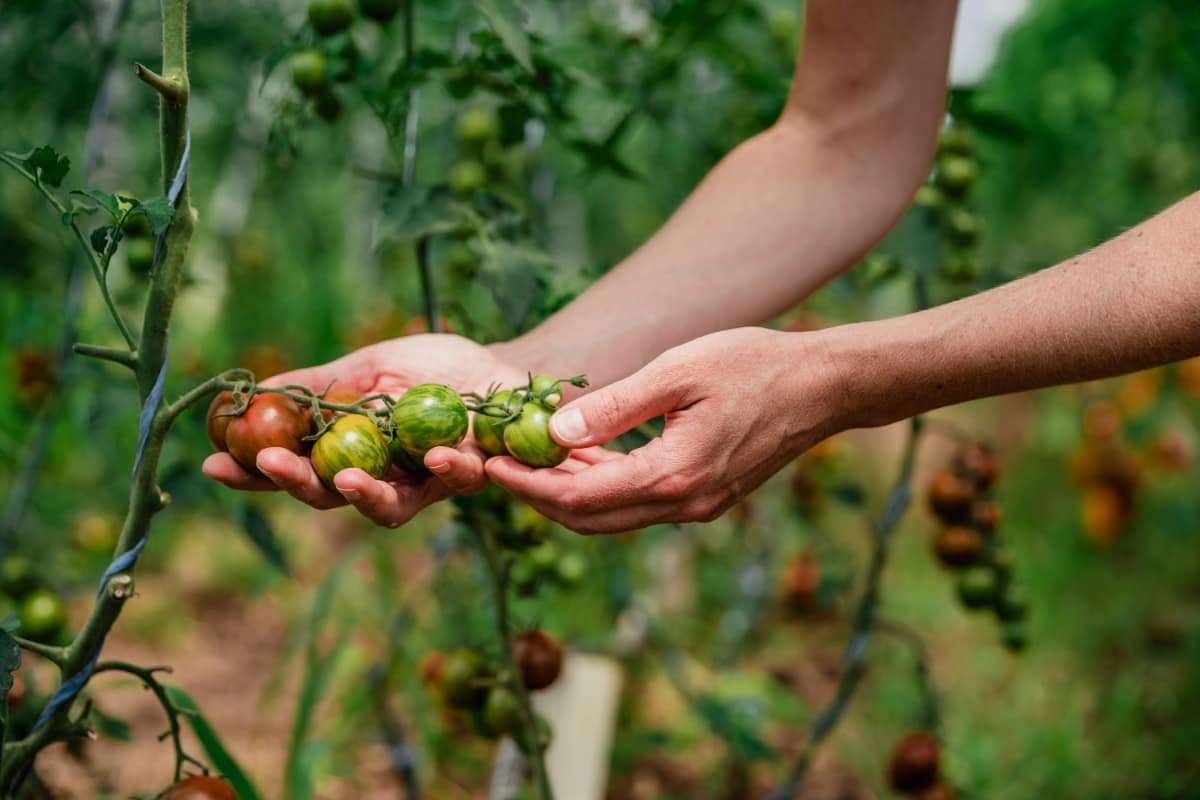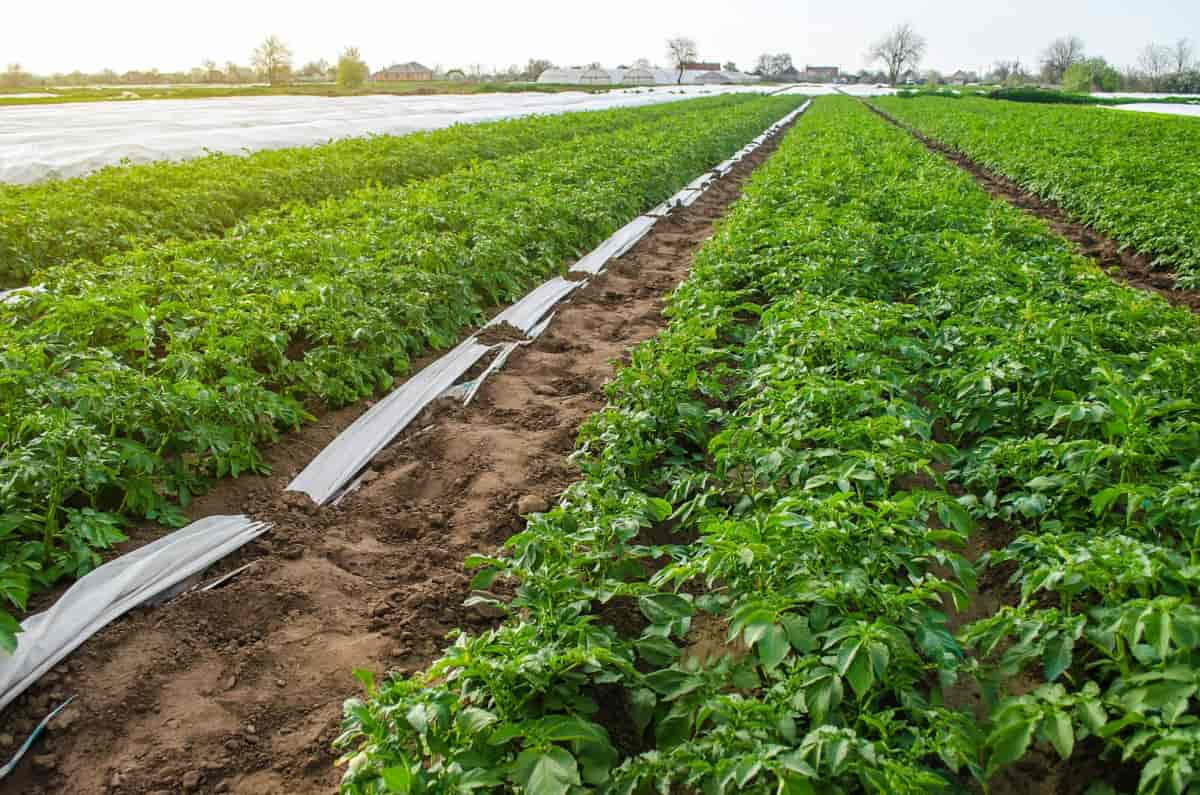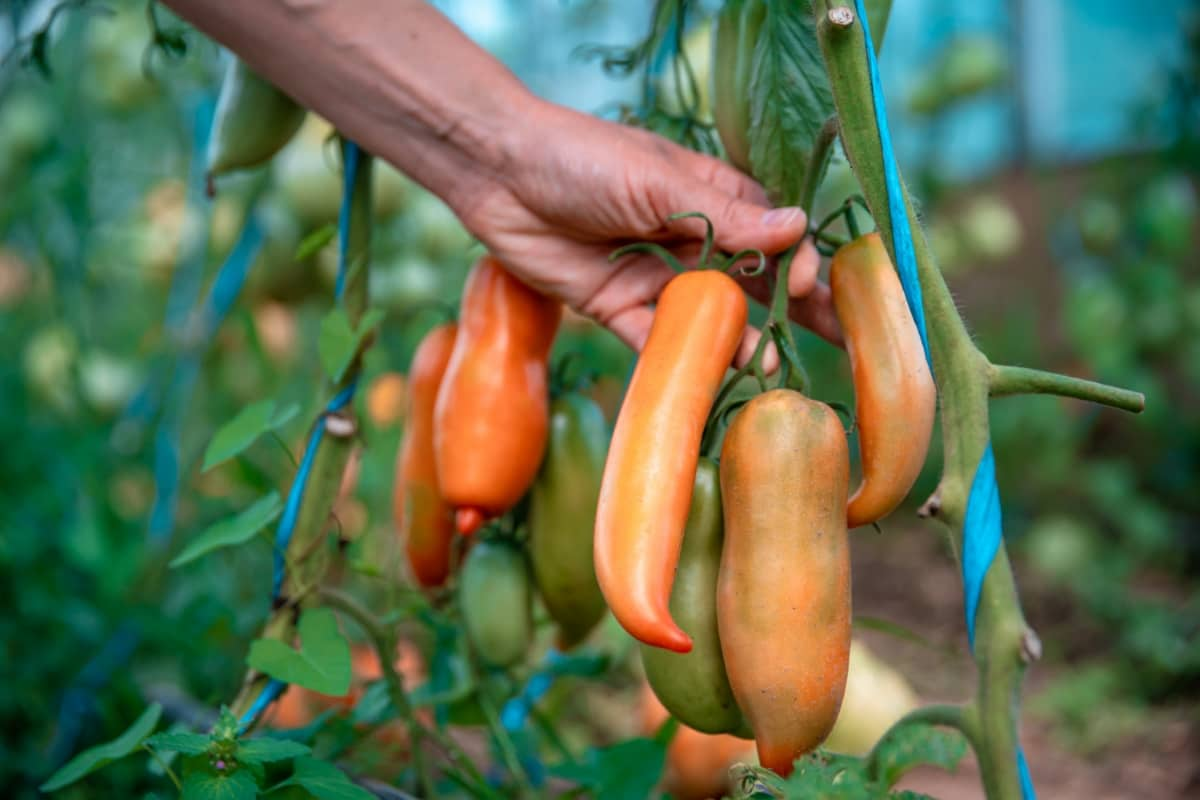With a commitment to promoting sustainability at its core, the Government of India assists in developing organic cultivation. Explore the fields of financial assistance and organic farming subsidies, where the forces of nature and nurture converge. This blog highlights the technicalities of governmental initiatives and offers a comprehensive summary of the accessible subsidies. Gain insight into the major players in this environmentally sustainable movement and grant access to a more sustainable and health-conscious future.

Organic Farming Subsidy
Green Revolution Kisan Fund
The Green Revolution Kisan Fund is a significant initiative in Indian agriculture, aiming to revolutionize farming practices by incorporating advanced technologies and sustainable practices. It emphasizes precision farming techniques, eco-friendly solutions, and access to modern tools, seeds, and irrigation systems.
The fund also provides financial assistance beyond traditional norms, supporting farmers throughout the crop cycle and promoting education and training programs. It also encourages community engagement and support networks, promoting farmer collaboration and creating a resilient agricultural ecosystem. The fund’s implementation is not limited to technological advancements but also involves community engagement and the creation of support networks.
Paramparagat Krishi Vikas Yojana (PKVY)
India is making a big change toward organic farming thanks to the Paramparagat Krishi Vikas Yojana (PKVY). This plan supports cluster-based farming, which brings farmers together under a single organic banner with the highly sought-after PGS certification. The process includes carefully forming clusters, giving thorough training, helping with licensing, and providing strong marketing support.
Farmers who sign up for PKVY get a significant funding boost: Rs. 50,000 per hectare of land over three years. Of particular note is that 62% of this amount, or Rs. 31,000, is set aside as a direct reward for farmers to buy organic inputs. This planned allocation gives farmers the tools to use environmentally friendly methods that improve soil and the environment’s health. PKVY is a leader in organic farming, combining heritage with new ideas to build a strong and environmentally friendly farming future in India.
National Project on Organic Farming (NPOF)
The National Project on Organic Farming is a significant initiative in India’s agricultural sector, promoting sustainable and organic farming practices. It offers a holistic approach, covering the entire agricultural cycle from seed to market. The NPOF includes training programs, organic cultivation techniques, and promoting bio-fertilizers and natural pest control methods.
In case you missed it: Top 5 Government Greenhouse/Polyhouse Farming Subsidy Schemes in India

Farmers are eligible for subsidies to reduce the financial burden of transitioning to organic farming, covering the cost of organic inputs, certification, and equipment. Financial assistance is provided through various schemes, including offsetting initial investment costs, support for organic seeds, bio-fertilizers, and conversion of traditional farms to organic ones.
Soil Health Card Scheme
The Soil Health Card Scheme from government initiation in India that provides farmers with personalized soil health cards detailing nutrient levels and recommendations. The scheme is implemented nationwide and uses soil testing laboratories and technology to analyze samples efficiently.
Farmers receive subsidies for soil testing, making it affordable and accessible. The government also provides financial aid to implement recommended measures, fostering sustainable farming practices. The Soil Health Card Scheme is a beacon for farmers, offering tangible support for enhancing soil fertility and crop productivity.
Mission Organic Value Chain Development for North Eastern Region (MOVCDNER)
The MOVCDNER scheme is a strategic endeavor to propel third-party certified organic farming, focusing on niche crops in the northeastern region. Farmers are encouraged to participate through Farmers Producer Organizations (FPOs), promoting collaboration and collective growth. The government provides substantial assistance of Rs. 25,000 per hectare over three years for organic inputs, including manure and biofertilizers. Additionally, support is extended for forming FPOs, capacity building, and post-harvest infrastructure, with an allocation of up to Rs. 2 crores in the scheme.
Capital Investment Subsidy Scheme (CISS) under the Soil Health Management Scheme
Under the CISS, the government offers 100% assistance to state governments and government agencies for establishing mechanized fruit/vegetable market waste and agro-waste compost production units. The financial support has a maximum limit of Rs. 190.00 lakh per unit for a 3000 Total Per Annum (TPA) capacity. For individuals and private agencies, the assistance is up to 33% of the cost, with a capital investment cap of Rs. 63 lakh per unit.
National Mission on Oilseeds and Oil Palm (NMOOP)
The NMOOP contributes significantly to the oilseed sector by providing a 50% subsidy of Rs. 300 per hectare. This financial assistance covers various components, including bio-fertilizers and the supply of essential microbial cultures like Rhizobium, Phosphate Solubilising Bacteria (PSB), Zinc Solubilising Bacteria (ZSB), Azotobacter, Mycorrhiza, and vermicompost.
In case you missed it: Government Agriculture/Farming Subsidy Schemes in India

National Food Security Mission (NFSM)
NFSM plays a crucial role in promoting bio-fertilizers (Rhizobium/PSB), offering financial assistance at 50% of the cost, up to a limit of Rs. 300 per hectare. This initiative aims to enhance food security by supporting sustainable agricultural practices.
Impact and Growth
Over the years, the cultivable land area under organic farming has witnessed remarkable growth, doubling from 11.83 lakh hectares, 2014 to 29.17 lakh hectares, 2020. This surge can be attributed to the government’s focused efforts and strategic initiatives. The organic promotion activities have increased domestic supply and boosted exports of organic produce from the North Eastern Region (NER). The success of these initiatives has led to the development of state-specific organic brands, establishing a distinct identity for organic products from the region.
India’s Global Standing in Organic Agriculture
India has made strides in organic agriculture, securing the 9th position globally with 1.94 million hectares of certified agricultural land. Comparatively, China leads at 3rd place with 3.14 million hectares, followed by the USA at 7th with 2.02 million hectares, and Brazil at 12th with 1.18 million hectares (FiBL and IFOAM Statistics 2020).
The Bharatiya Prakritik Krishi Padhati (BPKP) under PKVY promotes natural farming to boost chemical-free farming. Andhra Pradesh and Kerala have allocated 1 lakh and 0.8 lakh hectares for natural farming under BPKP, respectively. Efforts extend to continuous area certification, supporting individual farmers embracing organic practices.
In case you missed it: Top 10 Government Horticulture Subsidy Schemes in India

For infrastructure development, state agencies, Farmer Producer Organizations, and entrepreneurs can access loans from the Agriculture Infrastructure Fund (AIF) under Aatmanirbhar Bharat. With a corpus of 1.00 lakh crore, this initiative aims to enhance post-harvest infrastructure for value addition to organic produce, fostering sustainable agricultural practices.
Conclusion
The Indian government is implementing an Organic Farming Subsidy and Financial Assistance program, promoting sustainable agriculture through financial support, organic practices, and infrastructure investment. This initiative benefits the environment and the well-being of farmers, ensuring a greener and more resilient agricultural future.
- Feed Your Flock for Less: Top 10 Tips to Save on Chicken Feed
- Ultimate Guide to Ossabaw Island Hog: Breeding, Raising, Diet, and Care
- Hatching Answers: The Top 10 Reasons Your Chickens Aren’t Laying Eggs
- Eggs and Economics: Breaking Down the Cost of Raising Backyard Chickens
- Defend Your Greens: Proven Methods to Keep Iguanas Out of Your Garden
- Ultimate Guide to Cinnamon Queen Chicken: A Comprehensive Guide for Beginners
- Ultimate Guide to California Tan Chicken: Breeding, Raising, Diet, Egg-Production and Care
- Ultimate Guide to Marsh Daisy Chicken: Breeding, Raising, Diet, and Care
- 10 Types of Chicken Farming Businesses You Can Start for Profits